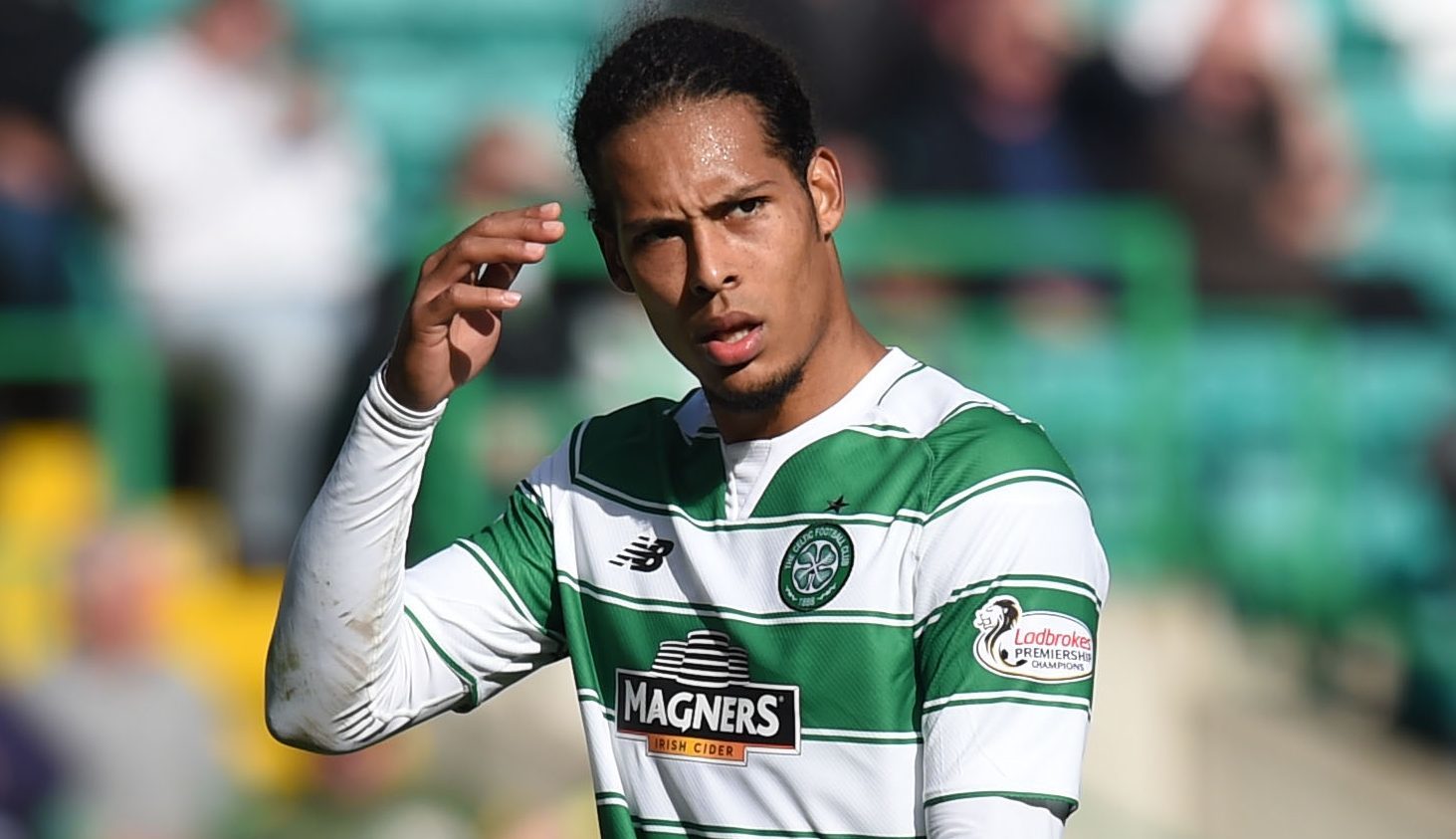
BRENDAN RODGERS says Celtic might need 40 Olivier Ntchams to compete with their Champions League rivals.
Last night, though, a leading union boss warned the Scottish champions that after Brexit, they might not even be able to sign one!
Tony Higgins, Vice-European President of world body FIFPro, has been having informal talks with PFA Scotland about the potential ramifications for the game of the UK’s departure from the European Union.
And he says among possible scenarios being foreseen is one in which clubs would effectively only be able to sign European players if they met the strict criteria now in force for players from other parts of the world.
Generally speaking, that means they would need to be established at full international level, with only 75% or more appearances for their country over the previous two years guaranteeing automatic qualification to sign for a British club. Such change would hit all Scottish clubs – but would be a particular blow to Celtic.
The Hoops have enjoyed huge football and financial success through attracting players such Ntcham, Moussa Dembele and Virgil van Dijk and developing them into international stars.
The latter is a good example on how Brexit could hit Celtic.
They bought Van Dijk – before he had been capped for his country – from Groningen for £2.5m in 2013, then sold him to Southampton for a £10.5m profit.
The Hoops are now waiting for the Dutchman to move from St Mary’s, a transfer which is expected to earn them an additional £5m via a sell-on clause.
Under the trerms of Brexit, they would face a battle to sign a player of similar calibre and background.
Likewise, Moussa Dembele, who took the Scottish game by storm last season and is expected to be sold on at a huge profit, has yet to be capped by France.
“March 2019 is not really that far off. Brexit is coming,” said Higgins.
“At the moment, all the different sports are throwing up examples of what might happen and trying to get some formulation in their mind.
“At some stage, there will have to be some discussion with government.
“If we followed the Norwegian model and retained free movement, there wouldn’t be much change.
“But if we leave the EU – if we leave the free market – then it is highly likely a work-permit system will prevail for the rest of Europe, affecting French, German, Dutch, Spanish players and so on.
“That is what most people are predicting. So there’s the potential for EU players, who are not already of international standard, facing a far more-rigorous interview and appraisal before they come into Scottish football.
“That is where discussions will have to take place for the relevant organisations to present the case for football.
“There is no way I can see the government saying we will give you a free pass. Other industries would say, quite rightly: ‘Well, hold on a minute, what about us?’
“To gain a work permit, they would have to have some exceptional talent – or maybe be very young.”
If it is going to be trickier for the clubs at the top who have the financial resources to play with, it will be a total game-changer for those who don’t.
“If we leave the EU with a hard type of Brexit, clubs further down the levels may struggle to persuade a tribunal their targets should be allowed to come here,” said Higgins.
“The upside, though, of that is that home-grown talent could be given a better platform to develop.
“I say that because if our clubs no longer had easy access to the EU market, that would inevitably mean more opportunities for young Scottish players.
“At the same time, the Scottish market would be likely to become more attractive for English clubs further down the scale.
“I am talking about those in League One, League Two and the Conference, who maybe would look to bring in Europeans at a journeyman level just now.
“They would find it very hard to obtain work permits for that standard.”

Enjoy the convenience of having The Sunday Post delivered as a digital ePaper straight to your smartphone, tablet or computer.
Subscribe for only £5.49 a month and enjoy all the benefits of the printed paper as a digital replica.
Subscribe